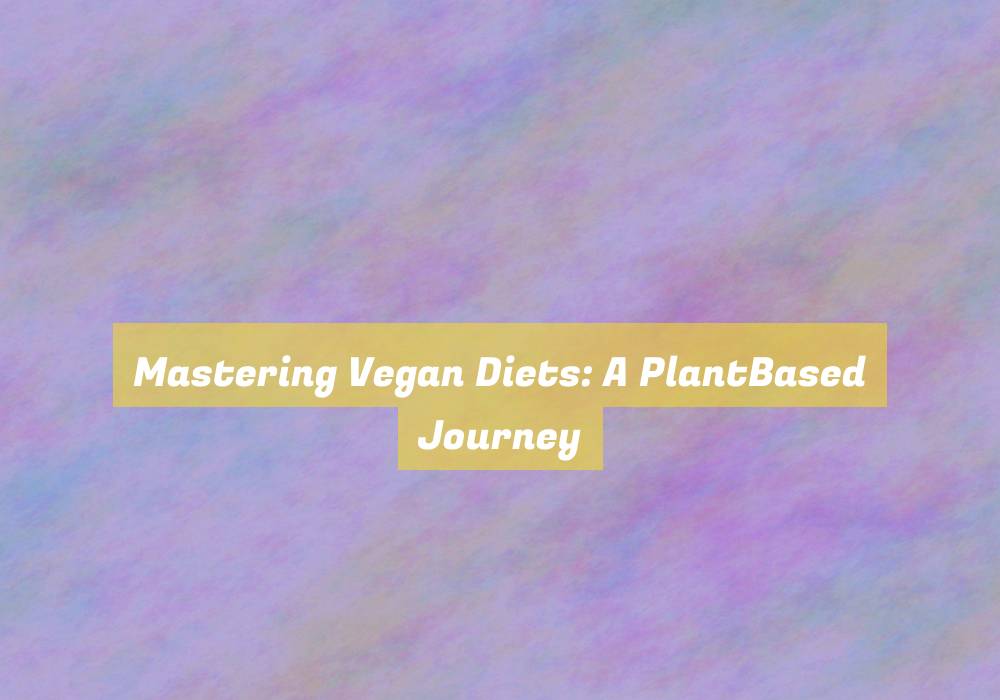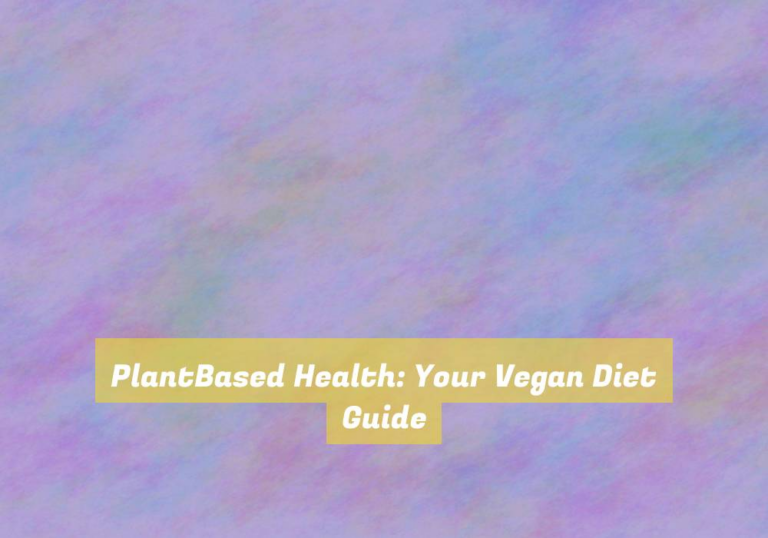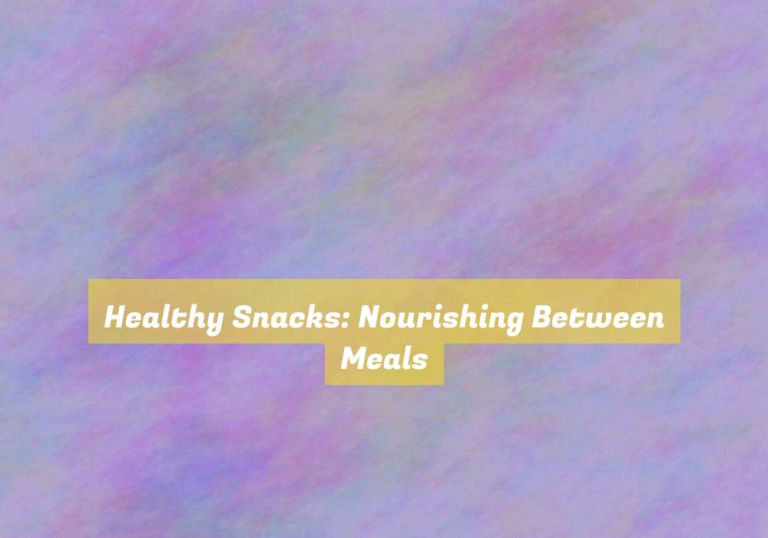Mastering Vegan Diets: A PlantBased Journey
Embarking on a plant-based journey is like setting sail on uncharted waters, where the compass of traditional dietary norms no longer points the way.
As you navigate this new terrain, youG??ll encounter the vast landscape of vegan nutrition, with its essential nutrients, meal planning intricacies, and the social and dining challenges that come with embracing a plant-based lifestyle.
But fear not, for this journey holds the promise of unlocking the keys to mastering vegan diets, offering a path to vibrant health and a deep connection with the planet.
The Basics of Vegan Nutrition
To thrive on a vegan diet, itG??s essential to understand the basics of nutrition in order to meet your bodyG??s needs and maintain optimal health.
One of the primary concerns for vegans is ensuring an adequate intake of protein. Legumes, tofu, tempeh, and seitan are excellent sources of plant-based protein. Including a variety of these in your diet can help you meet your protein requirements.
Additionally, itG??s crucial to consume a wide range of fruits and vegetables to obtain essential vitamins, minerals, and antioxidants. Dark leafy greens, berries, citrus fruits, and cruciferous vegetables are particularly beneficial.
Furthermore, paying attention to omega-3 fatty acids is important. While fish is a common source of omega-3s, vegans can obtain them from flaxseeds, chia seeds, hemp seeds, and walnuts. Incorporating these foods into your meals can help maintain healthy omega-3 levels.
Finally, donG??t forget about vitamin B12. Since this essential nutrient is primarily found in animal products, consider fortified foods or supplements to prevent deficiencies.
Understanding these basics and making informed food choices will support your journey towards optimal health on a vegan diet.
Essential Nutrients for Plant-Based Diets
If youG??re transitioning to a plant-based diet, ensuring you obtain essential nutrients is crucial for maintaining your health and well-being. While a plant-based diet offers numerous health benefits, itG??s important to pay attention to certain nutrients that may be less abundant in a purely plant-based diet.
One essential nutrient to focus on is vitamin B12, which is primarily found in animal products. To meet your B12 needs, consider fortified foods or supplements.
Additionally, omega-3 fatty acids, specifically EPA and DHA, are commonly found in fish but can also be sourced from algae supplements or flaxseeds, chia seeds, and walnuts.
Iron is another crucial nutrient, and while itG??s abundant in plant foods, the type of iron found in plants isnG??t as easily absorbed. To enhance iron absorption, consume vitamin C-rich foods alongside iron sources.
Calcium, found in fortified plant milks, tofu, and leafy greens, is essential for bone health.
Finally, ensure an adequate intake of protein by incorporating foods like legumes, tofu, tempeh, and quinoa into your diet.
Meal Planning and Recipe Ideas
Ensuring that your plant-based diet is nutritionally balanced can be made easier through thoughtful meal planning and creative recipe ideas. Start by stocking up on a variety of fruits, vegetables, whole grains, legumes, nuts, and seeds. When planning your meals, aim for a diverse range of colors and textures to ensure a wide spectrum of nutrients. Consider batch cooking grains and legumes to have ready-to-eat staples throughout the week, saving you time and making it easier to stick to your plant-based diet.
For creative recipe ideas, explore different cuisines such as Mediterranean, Asian, or Mexican, which often feature plant-based dishes bursting with flavor. Experiment with tofu, tempeh, or seitan as meat substitutes, and discover the versatility of plant-based proteins. Additionally, try incorporating plant-based milk alternatives like almond, oat, or soy into your recipes for a creamy and nutritious twist.
DonG??t be afraid to modify your favorite non-vegan recipes by swapping out animal products for plant-based alternatives. With a little creativity and planning, you can enjoy a wide range of delicious and satisfying plant-based meals.
Navigating Social and Dining Challenges
When navigating social and dining challenges as a vegan, itG??s important to communicate your dietary preferences respectfully and confidently. When dining out with friends or attending social events, donG??t be afraid to speak up about your vegan diet. Politely inform your host or server about your dietary restrictions, and offer to bring a vegan dish to share. This not only ensures that you have something to eat, but it also introduces others to delicious plant-based options.
In social settings, focus on the shared experience of enjoying a meal together rather than dwelling on dietary differences. Be open to trying new foods and exploring vegan-friendly restaurants in your area. Suggesting inclusive dining options, like a build-your-own salad bar or a restaurant with diverse menu choices, can make group dining easier and more enjoyable for everyone.
Remember that not everyone may understand your choice to follow a vegan diet, and thatG??s okay. Stay confident in your decision and be prepared to answer questions about your lifestyle in a positive and informative manner. By approaching social and dining challenges with patience and understanding, you can navigate these situations with ease and grace.
Conclusion
YouG??ve learned the basics of vegan nutrition, essential nutrients for plant-based diets, meal planning, and recipe ideas.
Navigating social and dining challenges as a vegan can be challenging, but with the right knowledge and preparation, itG??s definitely doable.
Remember to stay informed, be open to trying new foods, and keep experimenting with different recipes to make your plant-based journey a successful and enjoyable one.
Good luck on your vegan journey!






